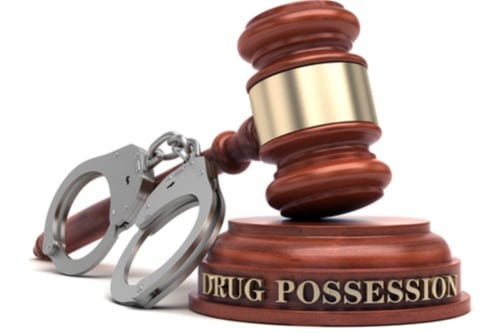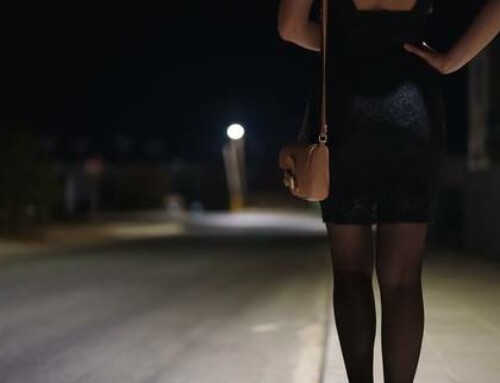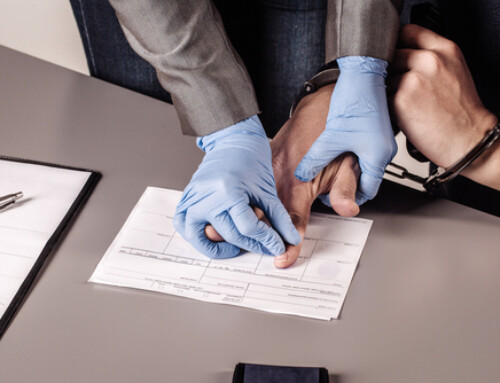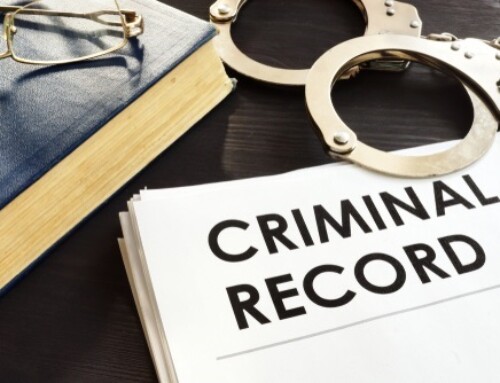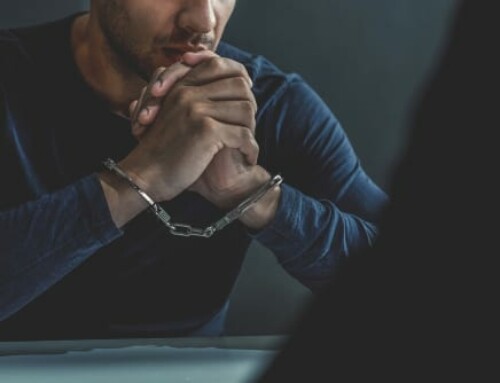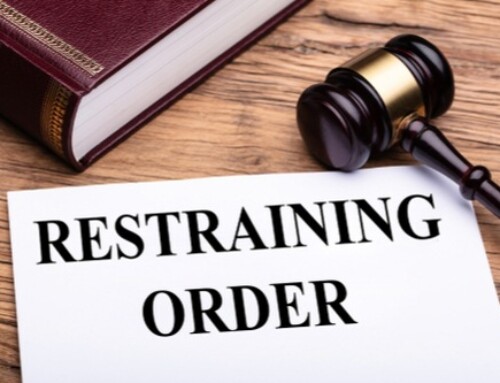Drug possession is a serious crime in South Carolina. Even possessing an ounce or less of marijuana can land you in jail for up to 30 days, and possessing larger amounts of “more serious” drugs can lead to felony prosecution. As a result, if you are facing a drug possession charge in South Carolina, you need to be prepared to defend yourself by all means available.
As with all crimes, when seeking a conviction for drug possession, prosecutors have the burden of proving the defendant’s guilt beyond a reasonable doubt. So, what does it take for prosecutors to prove drug possession in South Carolina?
Understanding South Carolina’s Drug Possession Law
South Carolina’s drug possession law appears in Section 44-53-370(c) of the Code of Laws. Under this statute, it is unlawful:
“[F]or any person knowingly or intentionally to possess a controlled substance unless the substance was obtained directly from, or pursuant to a valid prescription or order of, a practitioner while acting in the course of his professional practice, or except as otherwise authorized by [law].”
Like all crimes, the crime of drug possession can be broken down into a number of “elements.” In order to secure a conviction, prosecutors must satisfy their burden of proof with respect to each individual element. Under Section 44-53-370(c), prosecutors must be able to prove:
- That you acted “knowingly or intentionally”;
- That you were in possession of a controlled substance; and,
- That you did not have a valid prescription or doctor’s order.
1. You Acted “Knowingly or Intentionally”
In South Carolina, you are not automatically guilty of drug possession if the police arrest you with drugs. Proving your guilt also requires evidence that you were “knowingly or intentionally” in possession of the drugs in question.
Disputing the prosecution’s evidence of knowledge or intent can be an effective defense strategy in some cases. Remember, the government has the burden of proof. So, if prosecutors cannot prove that you knew about the drugs or that you were intentionally in possession of the drugs, then you do not deserve to be found guilty.
For example, let’s say you are dropping off a friend, and a bag of marijuana falls out of your friend’s pocket in your car. On your way home, the police stop you for speeding, and they find the bag of marijuana when they search your car. In this scenario, even though you may have technically been in possession of marijuana, you were not knowingly or intentionally in possession—and therefore, you are not guilty of drug possession under Section 44-53-370(c).
2. You Were in Possession of a Controlled Substance
In order to secure a conviction under Section 44-53-370(c), prosecutors must be able to prove that you were in possession of a controlled substance. If you had a bag of marijuana or a prescription bottle that wasn’t yours in your pocket, then it may be difficult to argue that you weren’t in possession of a controlled substance. However, many other cases aren’t so clear.
- Possession – What does it mean to be in possession? While the law covers physical possession (i.e., you have drugs on your person), it also covers what is known as “constructive possession.” If the police search your home and find drugs in your bedroom while you are standing on the front porch, you could be deemed in “constructive possession” even though you were physically distant from the drugs at the time of the search. However, there are also circumstances in which it will be possible to successfully argue against constructive possession after being charged under Section 44-53-370(c).
- Controlled Substance – Prosecutors must also be able to prove that the alleged drug in your possession is in fact a controlled substance. Most drugs you can think of are controlled substances under South Carolina law. But, can prosecutors prove that what appeared to be marijuana or cocaine was in fact marijuana or cocaine? If the substance hasn’t been tested (or if the test results are potentially tainted or flawed), then prosecutors may not be able to meet their burden of proof.
3. You Did Not Have a Valid Prescription or Doctor’s Order
South Carolina is one of the dwindling states that does not currently have a medical marijuana law (medical CBD is authorized for very limited purposes). However, having a prescription for many other types of controlled substances can serve as a defense to drug possession under Section 44-53-370(c).
If you were arrested with pills because the police weren’t convinced you had a valid prescription, then proving that you have a valid prescription could be all you need to avoid a guilty verdict. But don’t forget that the burden of proof is on the government. If prosecutors cannot prove that you don’t have a valid prescription, then this should also be enough to save you from a conviction.
What Should You Do if You’ve Been Arrested for Drug Possession in South Carolina?
You’ve been arrested for drug possession in South Carolina. What should you do now? When facing drug possession charges under Section 44-53-370(c), you should:
- Never assume you will be found guilty. Even if you were knowingly in possession of a controlled substance, you could still have a variety of defenses under South Carolina law and the U.S. Constitution.
- Take detailed notes. Why did the police approach you? What did they do before, during, and after your arrest? Were you unaware of the drugs’ presence, or do you have a valid prescription? You will want to be prepared to share as much information with your attorney as possible.
- Talk to a criminal defense lawyer. Due to the severe consequences that can result from a drug possession conviction, you should talk to a criminal defense lawyer to find out what options you have available.
Schedule a Free Consultation with North Charleston Criminal Defense Lawyer Rad S. Deaton
Are you facing a drug possession charge? If so, North Charleston criminal defense lawyer Rad S. Deaton can help. Call 843-225-5723 or contact us online to schedule a free consultation as soon as possible.

